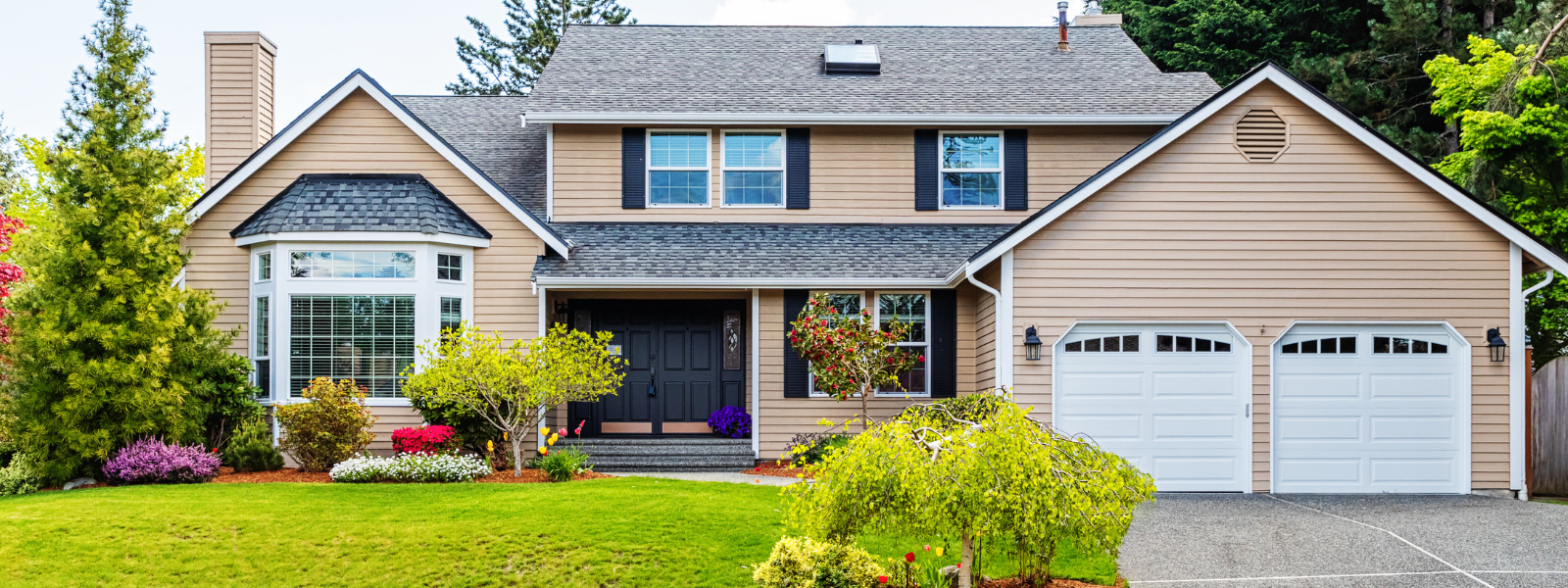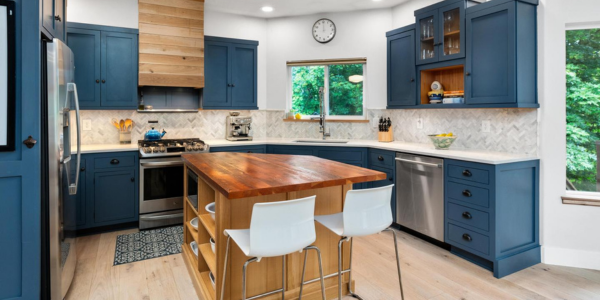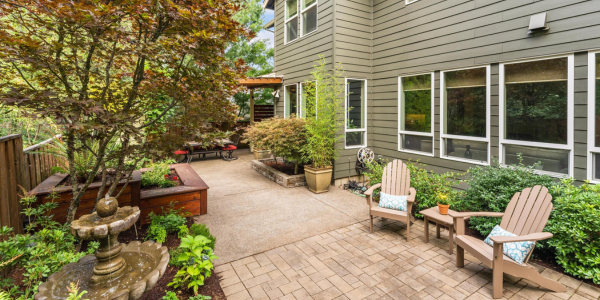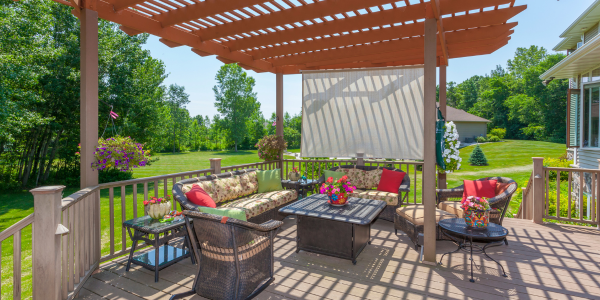Published July 3, 2025
Sell Smarter: Why Strategic Pricing Matters More Than Ever This Summer

Selling a home is an emotional journey. Whether you’ve lived in your house for decades or just a few years, it likely holds meaningful memories and personal value. That’s why, for many homeowners in the Portland area, one of the most challenging aspects of selling is deciding on the right listing price.
But in today’s shifting real estate market where inventory is 30% higher than in recent years, pricing your home is less about what a neighboring home sold for – and more about pricing to current buyer expectations. If you’re planning to sell this summer, approaching pricing with a data driven strategy will make the difference between a quick sale and a stagnant listing.
Let’s dive into why strategic pricing is so essential this summer in the Portland Metro area – and how to do it right.
Understanding the Current Market Climate
The Portland real estate market in 2025 is a mixed bag. After a strong start earlier this year, we’ve seen a softening in buyer activity due to continued affordability challenges and high interest rates. Inventory has increased in many neighborhoods, while buyer urgency has decreased.
In some price ranges – especially under $600,000 – we’re still seeing good momentum and multiple offers. But as you move higher in price, the number of listings on the market increases. Buyers are pickier, more price-conscious, and more inclined to wait or negotiate. That means your pricing strategy needs to reflect current conditions, not last year’s values.

Why Emotion Leads to Overpricing
It’s natural to feel that your home is special – after all, you’ve invested time, money, and emotion into it. You might remember what you paid for it, how much you spent on upgrades, or how you felt when you first walked in.
However, buyers don’t see that. They see what’s currently available in their budget and how your home compares. Sentimental value doesn’t translate to market value.
Overpricing often results in:
- Longer days on market (DOM)
- Price reductions
- Fewer showings
- Lower final sale prices after extended listing periods
In contrast, homes that are priced right from the start typically sell faster and closer to asking price – often with less stress for the seller.

Strategic Pricing: What It Looks Like
Here’s what it means to price your Portland home strategically this summer:
1. Analyze the Data
Work with a real estate professional (like us!) who can provide a Comparative Market Analysis (CMA). This includes:
- Recently sold homes in your neighborhood
- Active listings (your competition)
Recently accepted offers (pendings)
- Listings that failed to sell (expired/canceled listings)
This data helps define a realistic price range for your home based on size, location, condition, and features.
2. Know Your Buyer Pool
Different price points attract different types of buyers. For example:
- First-time buyers may flock to listings under $500,000.
- Move-up buyers and downsizers typically shop between $600,000–$900,000.
- Over $1M buyers expect premium finishes and perfect presentation.
Understanding who your likely buyer is can help shape a price that will attract serious interest.
3. Price Within Search Brackets
Online shoppers often set price filters like “$400k–$450k” or “$600k–$650k.” If you price your home at $651,000, you may miss an entire group of buyers. Strategic pricing hits those brackets to boost visibility.
4. Consider Timing
Early summer is competitive in Portland but we are also vying for buyer attention as they vacation or spend time outdoors. Many sellers list around the same time, hoping to catch the wave of buyers. That means you have to stand out – not just in presentation, but in perceived value. A well-priced home can quickly rise to the top of a buyer’s list.

Real-Life Example: Emotion vs. Strategy
We recently worked with two Portland-area sellers with similar homes: same square footage, neighborhood, and features.
Seller A insisted on pricing $30,000 above market value because of a kitchen remodel and personal attachment. It sat for 48 days and ultimately sold below asking after multiple price drops.
Seller B trusted the data and priced competitively. They had multiple offers within five days and accepted a strong offer slightly over asking.
The takeaway? Pricing based on data and market demand – not sentiment – gets results.
Selling your home is personal, but pricing it is business. The right price can lead to:
- More showings
- Stronger offers
- Less time on the market
- A smoother transaction

This summer, with interest rates still hovering over 6.5% and buyer budgets feeling stretched, it’s more important than ever to meet the market where it is – not where we wish it were.
Ready to Sell Smart? We’re here to help you take the emotion out of pricing and craft a strategy that works. Let’s talk about your home, your goals, and how we can make this summer your most successful season yet. Contact us today for a complimentary home valuation and market analysis.





